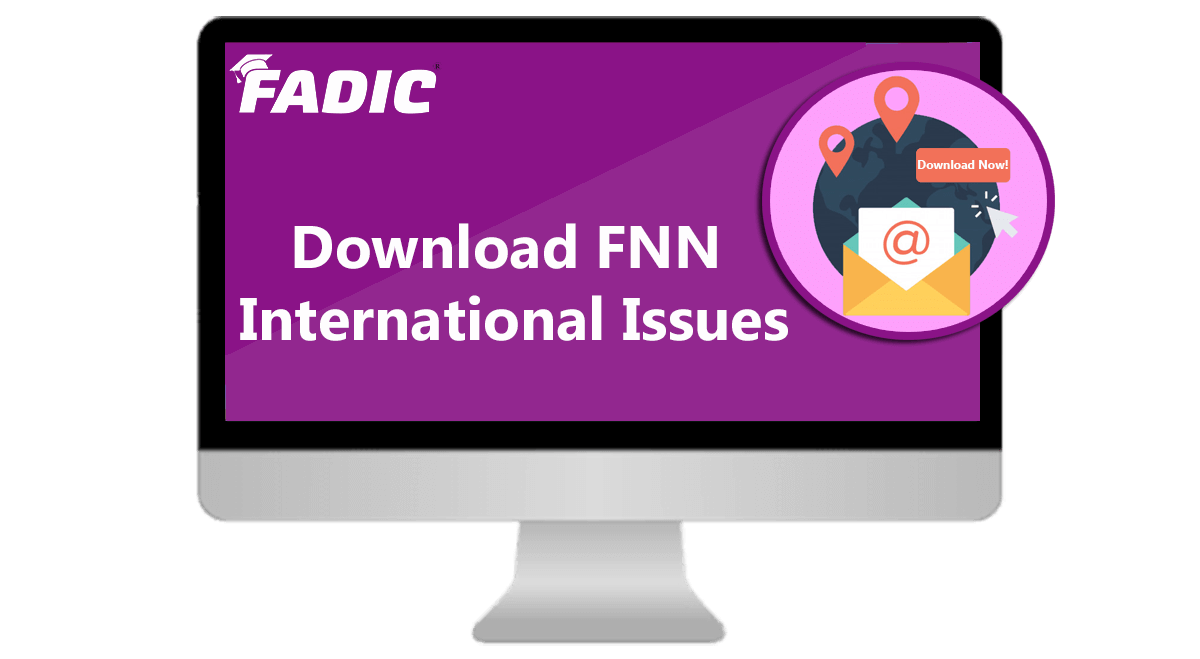3- Wednesday Research News – 29th September
1 – An Updated Systematic Review and Meta-Analysis of Mortality, Need for ICU admission, Use of Mechanical Ventilation, Adverse effects and other Clinical Outcomes of Ivermectin Treatment in COVID-19 Patients
- Repurposing Ivermectin, a known anti-parasitic agent, for treating COVID-19 has demonstrated positive results in several studies. We aim to evaluate the benefit and risk of Ivermectin in COVID-19.
- They conducted a systematic search for full-text manuscripts published from February 1, 2020, to August 15th, 2021 focusing on Ivermectin therapy against COVID-19.
- The primary outcomes were mortality, need for intensive care unit (ICU) admission; secondary outcomes were – adverse effects, need for mechanical ventilation, viral clearance, time to viral clearance, need for hospitalization, and length of hospital stay. Random-effects models were used for all analyses.
- This meta-analysis suggests that the mortality benefit of Ivermectin in COVID-19 is uncertain. But as adjuvant therapy, Ivermectin may improve viral clearance and reduce the need for hospitalization.
Source: MedRxiv
2- Attitudes towards Digital Health Technology: Introducing the Digital Health Scale
- The study sought to investigate the relationship between attitude towards digital health technology and age, gender and frequency of use of digital health technology and to consider whether age, gender and frequency of use present potential barriers to accessing future healthcare in the UK.
- Differences in technological affinity are likely to lead to differences in the adoption of digital health technology and subsequent inequalities in healthcare between older and younger people and between men and women.
- Findings identified age, but not gender, as a significant factor in attitude towards digital health technology, suggesting that continued and increased reliance on digital technology in healthcare may lead to age, but not gender, related inequalities in access to healthcare in the UK.
Source: MedRxiv
3- Infected surfaces as a source of transmissible material in healthcare settings dealing with COVID-19 patients
- The disease COVID-19 has turned out to be a tremendous slayer and has had some of the most devastating impacts on human beings ever seen in history.
- To overcome this major public health crisis, an understanding of the transmission of the virus underlying this disease is of paramount importance.
- Evidence suggests that the most common route of transmission for the SARS-CoV-2 virus is likely via direct contact in person-to-person encounter with aerosol droplets.
- However, the possibility of transmission via contact with fomites from surfaces is a possible route of infection as well.
- Environmental contamination in rooms with COVID-19 patient has been widely observed due to viral shedding from both asymptomatic and symptomatic patients.
- Based on the findings of this study, decontamination of surfaces that frequently are in touch contact throughout all segments of the healthcare system should constitute an important part of the infection control and prevention of COVID-19.
Source: MedRxiv
4- A Learning Health System Approach to the COVID-19 Pandemic: System-Wide Changes in Clinical Practice and 30-Day Mortality Among Hospitalized Patients
- Rapid, continuous implementation of credible scientific findings and regulatory approvals is often slow in large, diverse health systems.
- The COVID-19 pandemic created a new threat to this common “slow to learn and adapt” model in healthcare.
- They describe how UPMC committed to a rapid learning health system (LHS) model to respond to the COVID-19 pandemic.
- In this large LHS, near real-time changes in clinical management of COVID-19 patients happened promptly as scientific publications and regulatory approvals occurred throughout the pandemic.
- Alongside these changes, patients with COVID-19 experienced lower adjusted 30-day mortality following hospital admission over time.
Source: MedRxiv
5- Women’s views and experiences of accessing vaccination in pregnancy during the COVID-19 pandemic: A multi-methods study in the United Kingdom
- COVID-19 changed access to healthcare, including vaccinations, in the United Kingdom (UK). This study explored UK women’s experiences of accessing pertussis vaccination during pregnancy and infant vaccinations during COVID-19.
- An online cross-sectional survey was completed, between 3rd August-11 th October 2020, by 1404 women aged 16+ years who were pregnant at some point after the first UK lockdown from March 23rd, 2020.
- During the ongoing and future pandemics, healthcare services should prioritise equitable access to routine vaccinations, including tailoring services for ethnic-minority families who experience greater barriers to vaccination.
Source: MedRxiv
6- Essential Indicators of Quality in Primary Care Settings: An Evidence-Based, Structured, Expert Approach
- Primary health care has a central role in the workings of the health care system and health of the American public.
- Thus, a high-performing, high-quality primary care system is essential.
- As a result, measurement frameworks are needed to assess the quality of the infrastructure, workforce configurations, and processes available in primary care practices due to the complexity of primary care.
- Within this paper, they describe the process by which the performance measures were selected and present the final set of measures resulting from the process.
- The design team identified three fundamental objectives for delivery of high-quality primary care.
- The design team also selected sixteen performance indicators from the 44 pre-vetted measures that already exist in three different data sources for primary care.
Source: MedRxiv

- Read more from FADIC Blog, with many articles with evidence based articles.
- Learn More Through FADIC® – Online Programs & Mini-Courses.
- Listen Now to FADIC Podcast focusing on varieties of pharmacist perspectives in specialties.
- Read More Now about FADIC Pharmacy Events to get more Experience.
Course Copyrights:
All Courses is meant for SINGLE user use only.
If more than one person acceced this course, they will be BLOCKED Forever.
FeedBack
FADIC 2021 Clinical Research FNN E-News
Directed By/ Rasha Abdelsalam
The FADIC Pharmacy’s Clinical Research FNN E-News works like this:
- Each business morning, you receive an email message with the text of that day’s FNN.
- The message has a link to a PDF file that can be viewed or printed format.
- Issues for the past reports.
Each and every business day, things change!!
- More articles are published
- New drugs are approved
- Research is presented at medical meetings, policy decisions affecting practice are debated and confirmed.
By subscribing to the FADIC 2020 Pharmacotherapy Daily News (FNN), a daily publication of the Daily News Network “FNN” will be sent to your Email.
📑 Sample of Monthly Newsletter 📥
You can keep up with what’s important
- You need not to be disturbed with many newsletters crowding your email inbox about everything.
- FADIC FNN’s provides you with each business day with a morning email summary of developments in all the areas critical to your clinical practice
FADIC 2021 Clinical Research FNN E-News (FNN) Emails Contain:
- Just-published articles in the biomedical literature
- Emphasis on the FOUR weekly major important medical journals such as “Lancet, BMJ, JAMA, and NEJM”
- In addition to the two internal medicine journals as“Annals and JAMA Internal Medicine”
- Finally, the leading journals in medical speciality areas such as: “IDSA, JACCP, Annals of Pharmacotherapy, and others”.
- News briefs covering newly approved drugs, warnings and recalls announced by FDA, Saudi FDA, research at medical meetings.
- Lastly, other important news from International Organizations such as “CDC, WHO, and others”.
Why FADIC 2021 Clinical Research E-News ?
- It helps to keep up with the literature!
- Provide you with the Updated with the latest in your clinical practice. Wherever you are, and Whenever you need!
- Help you to share in the advance in clinical career. In addition to adding an impressive image to the pharmacists all-around!
Subscribe to FADIC 2021 Clinical Research FNN E-News, for a publication of News
Read & Download FNN Issue 8 of April 2020 FNN News
With FADIC 2021 Clinical Research FNN E-News, you Will …

Receive email notification everyday morning
As we all know, the world of clinical research is changing constantly. All medical news, clinical guidelines, and updates become available in your daily medical news issue.
You can read & download news every day
You can access your daily medical everyday morning, once you receive the email notification in the morning, and entre the website, and download your news issue.
You can print your daily news for work
You will receive your FNN daily medical news from international journals, and you can print it and share the latest journal club in your
The full-Text source will be available for you
If you need to know any further details or full-teat for any news, you can open the corresponding links that support you with further details.
You’ll Also Get These Awesome Bonuses…
Bonus #1. Download monthly FNN international issues (Value 300$)
As well as the daily news, there will be a monthly issue with the most important news all over the month, that will help you to stay updated, you can download it and print.
Bonus #2. Your FNN website account support (200$ Value)
You will have your own account in FNN Medical news, in FADIC website, that enables you to follow up on all the previous or missed issues, and read them to catch up on any missed news and download all of them.
Subscribe NOW in FNN – Special Offers for Group and Organisational Subscription
Course Copyrights:
All Courses is meant for SINGLE user use only.
If more than one person acceced this course, they will be BLOCKED Forever.

 Log in
Log in Sign up
Sign up



